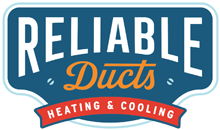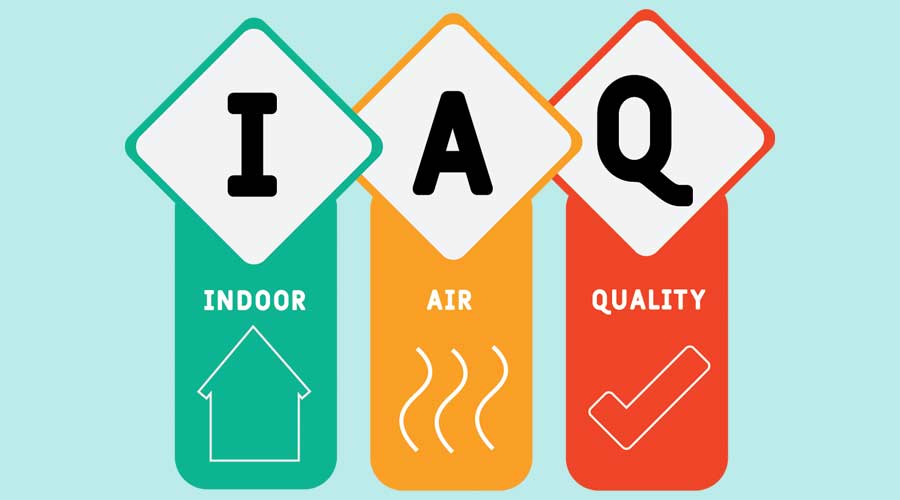For many pet owners, furry friends are beloved members of the family. However, those adorable pets can also be the source of a hidden problem affecting your home’s air conditioning system—specifically, the AC filters. Let’s explore what animal hair can do to your AC filters and why it’s essential to manage it effectively.
Understanding the Impact of Animal Hair on AC Filters:
- Clogged Filters:
Animal hair can quickly accumulate on and in your AC filters. Over time, this build-up can lead to clogged filters, which restrict airflow and reduce the efficiency of your air conditioning system. A clogged filter forces your AC unit to work harder, which can increase your energy bills and shorten the lifespan of the system.
- Reduced Air Quality:
When filters are clogged with pet hair, they are less effective at trapping other contaminants, such as dust and pollen. This reduction in filtering capacity can lead to poorer indoor air quality, which might affect residents with allergies or respiratory issues.
- Increased Maintenance Needs:
Homes with pets often require more frequent filter changes and HVAC maintenance. Neglecting this can lead to more severe HVAC problems, including frozen evaporator coils, overheated AC motors, or even complete system breakdowns.
Proactive Steps to Mitigate the Effects of Animal Hair on AC Filters:
- Regular Grooming of Pets:
Regularly brushing and grooming your pets can significantly reduce the amount of hair that ends up in the air and on your filters.
- Increased Filter Maintenance:
Check and replace your AC filters more frequently than the standard recommendation if you have pets. This might mean monthly checks, especially during seasons when pets are more likely to shed.
- Use High-Quality Filters:
Invest in higher-quality air filters that can capture finer particles, including pet dander and hair. Generally speaking, filters with a higher MERV (Minimum Efficiency Reporting Value) rating work better.
- Consider Air Purifiers:
Adding air purifiers in areas where your pets spend the most time can help reduce the amount of hair and dander circulating through your HVAC system.
- Regular HVAC Maintenance:
Schedule regular professional HVAC maintenance to ensure your system is not only clean but also operating at peak efficiency.This can assist in identifying problems before they require expensive fixes.
Pet hair can significantly impact the functionality and efficiency of your AC filters, leading to higher maintenance needs and potential increases in energy costs. By taking proactive steps such as regular grooming, frequent filter changes, and investing in high-quality filters, you can keep your air conditioning system running smoothly and ensure your indoor air remains clean and healthy. Remember, a little preventative maintenance goes a long way in keeping both your HVAC system and your furry friends happy.

